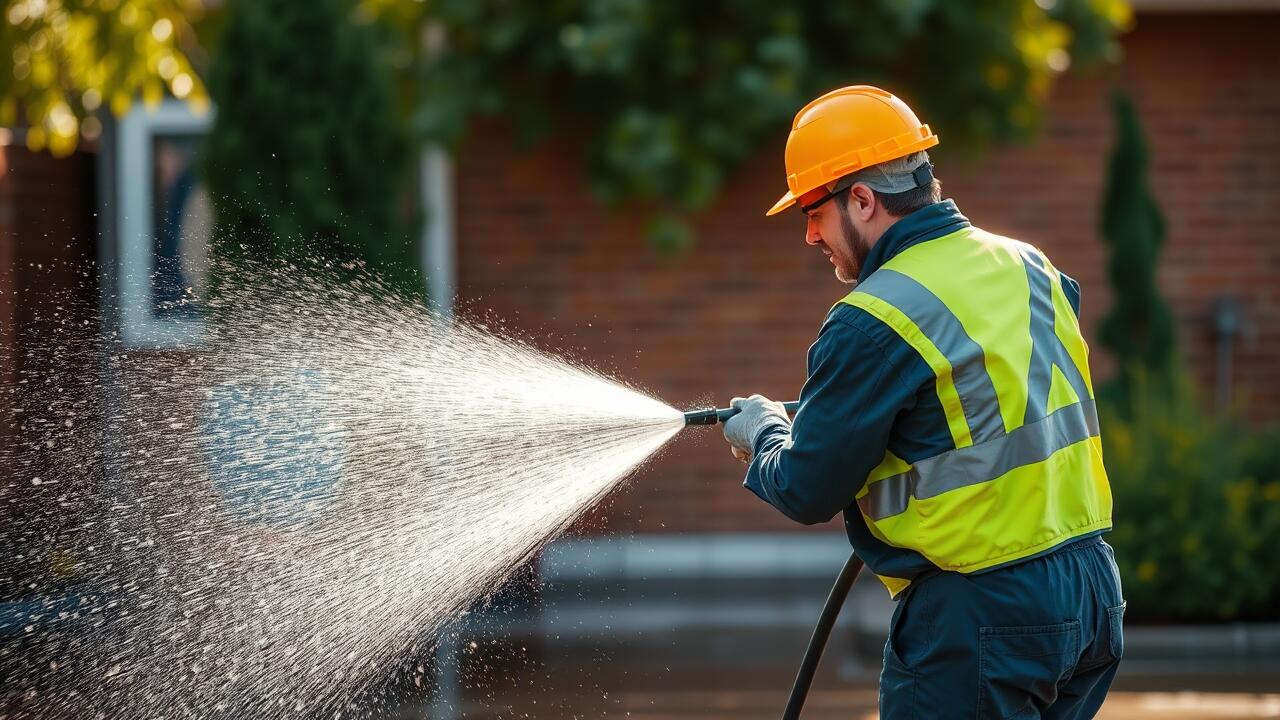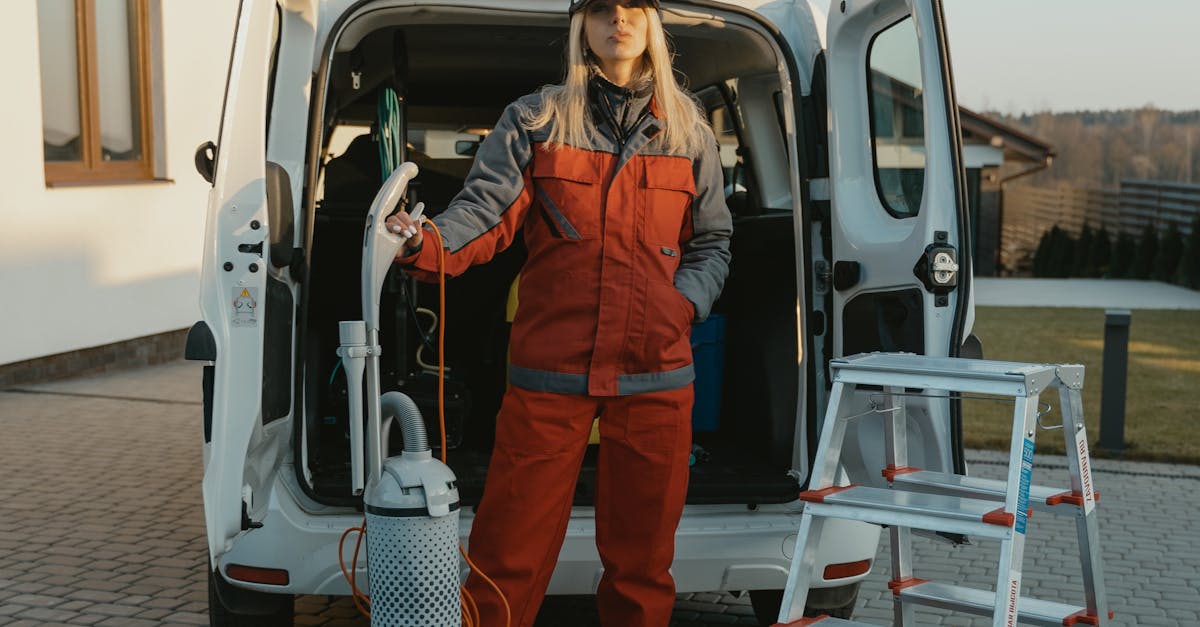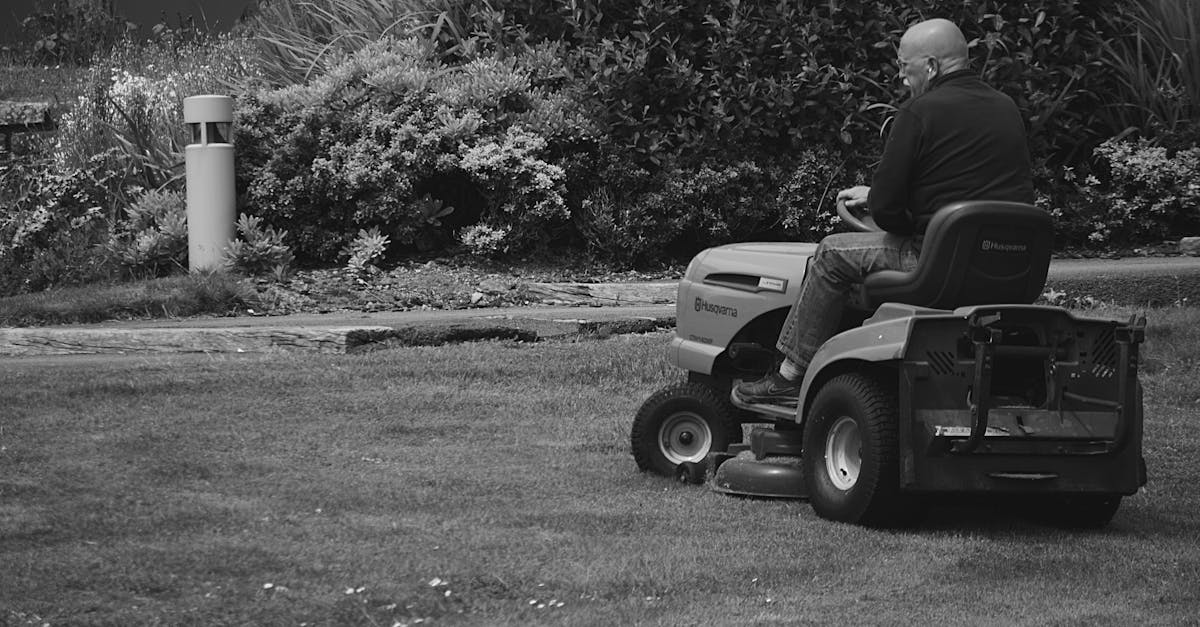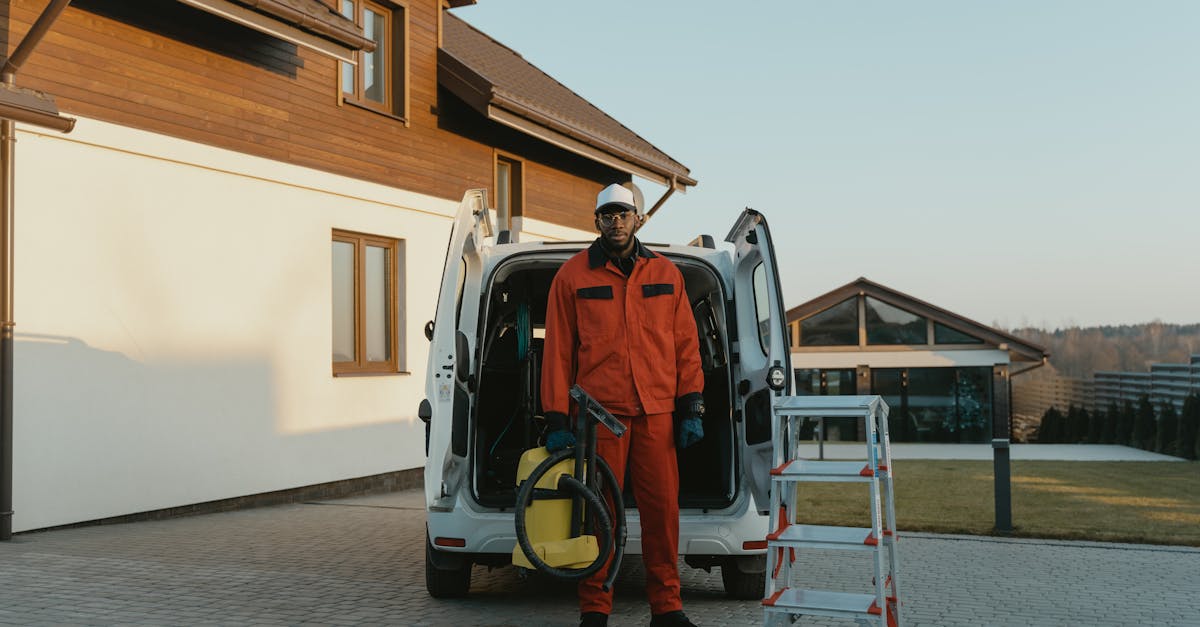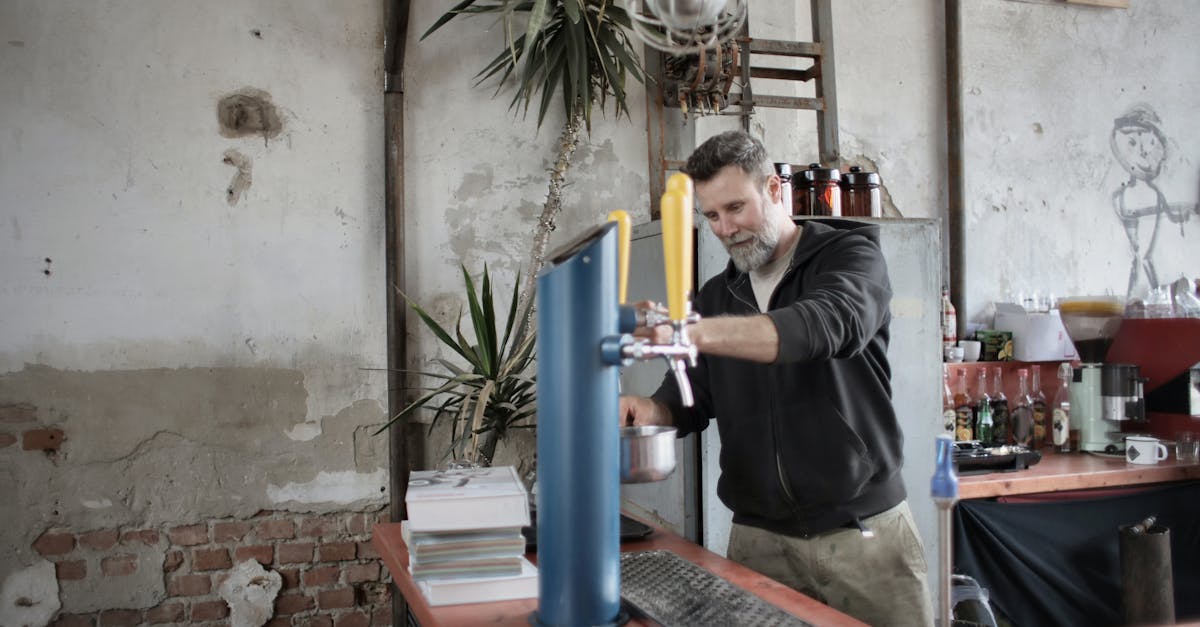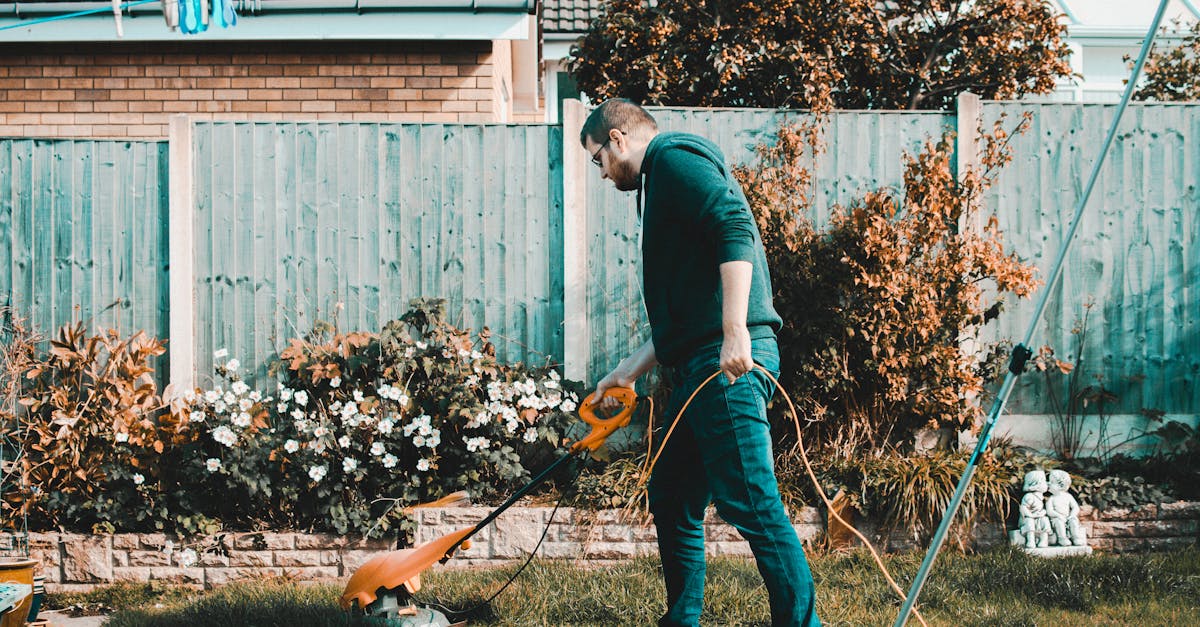
Noise Pollution Issues
Pressure washing in residential areas often leads to significant noise disturbances. The high decibel levels generated by pressure washing machines can disrupt the peace in quiet neighborhoods. This disruption is particularly concerning during early mornings or late evenings when residents expect tranquility. Such noise can be annoying not only to homeowners but also to those in surrounding properties, creating tension within communities.
In addition to affecting nearby residents, pressure washing in urban settings can have unintended consequences for local wildlife. Many animals rely on a serene environment for their natural behavior. The loud sounds produced during pressure washing may cause stress or lead to alterations in their activities, including nesting patterns and feeding habits. As urban areas continue to expand, the impact of noise pollution from such activities warrants careful consideration.
Impact on Neighbors and Local Wildlife
Pressure washing in residential areas can lead to significant noise pollution, which often disrupts the serenity of neighborhoods. The intense sound produced during the washing process may disturb nearby residents, particularly in quiet communities where people expect a certain level of peace. This disruption can be especially unwelcome during early mornings or late evenings when individuals are likely to be engaging in their daily routines or relaxing after a long day.
The impact on local wildlife is another essential consideration. Many animals are sensitive to high noise levels, which can lead to anxiety or changes in behavior. Pressure washing in areas near natural habitats or parks can intrude on these environments, potentially driving wildlife away from their nests or usual foraging areas. Such disturbances not only affect the immediate vicinity but can ripple through local ecosystems, altering the natural balance that wildlife relies on for survival.
Training and Skill Requirements
Proper pressure washing in residential or commercial settings requires a level of training and skill that many may not realize. Without adequate knowledge of operating the equipment, individuals can easily make mistakes that lead to subpar results or even damage to surfaces. Learning how to adjust the pressure settings for different materials and knowing when to use specific nozzles is crucial to avoid unnecessary harm.
Furthermore, pressure washing in various environments often demands a keen understanding of safety procedures. The equipment can pose risks if misused. Being aware of the protocols for handling high-pressure water can prevent accidents and injuries, making training a necessary investment for anyone looking to maintain or enhance the aesthetic appeal of their property effectively.
Need for Proper Technique and Knowledge
Proper technique and knowledge are crucial when it comes to pressure washing. Misusing a pressure washer can lead to serious damage, particularly on delicate surfaces like wood or stucco. Understanding the appropriate settings for water pressure and nozzle types is essential to avoid unintended consequences, such as paint stripping or surface etching. Many users overlook the importance of practice and familiarity with the equipment, which can ultimately reduce the effectiveness of the cleaning process.
Additionally, pressure washing in environments with various substrates requires more than just operating the machinery. Operators must assess the condition of surfaces and select suitable cleaning solutions. Knowledge of how different materials respond to high-pressure cleaning is vital. Without this expertise, the risk of costly repairs and ineffective cleaning increases significantly. Investing time in learning the correct techniques not only enhances safety but also improves overall results.
Potential for Chemical Use
Pressure washing in residential and commercial settings often involves the use of various cleaning agents to enhance effectiveness. These chemicals can include detergents, surfactants, and other industrial-grade substances that aid in removing stubborn stains, mold, and grime. However, the reliance on these products raises concerns about their environmental impact. Many of these agents are not biodegradable and can lead to contamination of surrounding soil and waterways, creating potential hazards for local ecosystems.
Additionally, improper use of chemicals during pressure washing in can pose risks to human health. If not handled properly, these substances can cause respiratory issues and skin irritation for both the operator and nearby individuals. It becomes crucial to assess the necessity and appropriateness of chemical use in each specific pressure washing project. Choosing less harmful alternatives or implementing eco-friendly practices can significantly mitigate these risks while still achieving desired cleaning results.
Environmental Risks Related to Cleaning Agents
Chemical agents used in pressure washing often present significant environmental risks. Many popular cleaning solutions contain harsh ingredients that can harm surrounding ecosystems. When these chemicals are discharged into storm drains, they can contaminate water sources and pose a threat to local wildlife. It is essential to understand the composition of these cleaning agents to mitigate their negative impact on the environment.
Pressure washing in residential or commercial settings may unintentionally lead to runoff that affects soil and vegetation. This runoff often carries residues from detergent and grime, which can accumulate and poison plants. Responsible usage of pressure washing equipment includes selecting eco-friendly products and employing techniques that minimize chemical exposure to nearby areas. Failure to do so can exacerbate environmental degradation and disrupt the balance of local habitats.
FAQS
What are the main disadvantages of pressure washing?
The main disadvantages of pressure washing include noise pollution, the need for specialized training and technique, potential environmental risks from chemical use, and the possibility of impacting neighbors and local wildlife.
How can pressure washing affect my neighbors?
Pressure washing can generate significant noise, which may disturb neighbors. Additionally, the use of chemicals and runoff can impact their properties and local ecosystems.
Is training necessary for pressure washing?
Yes, proper training and technique are essential to effectively and safely use pressure washing equipment. Without the right knowledge, you risk damaging surfaces or causing injuries.
What chemicals are commonly used in pressure washing, and what are their risks?
Common chemicals used include detergents and degreasers. These can pose environmental risks if they enter local water systems, harm vegetation, or affect wildlife.
Can pressure washing damage my property?
Yes, improper use of pressure washing can damage various surfaces, including wood, siding, and concrete, leading to costly repairs. It’s important to follow proper techniques and guidelines to avoid such issues.
